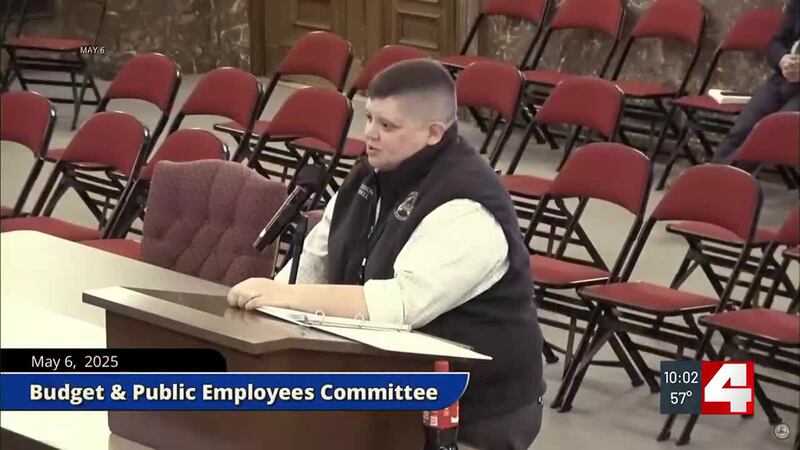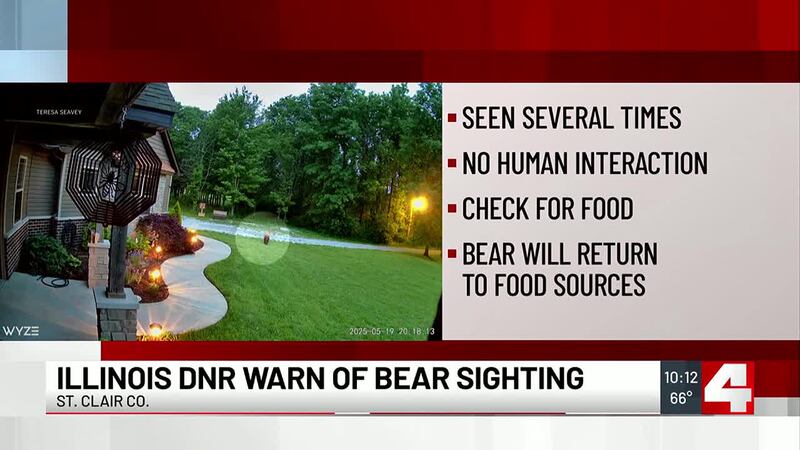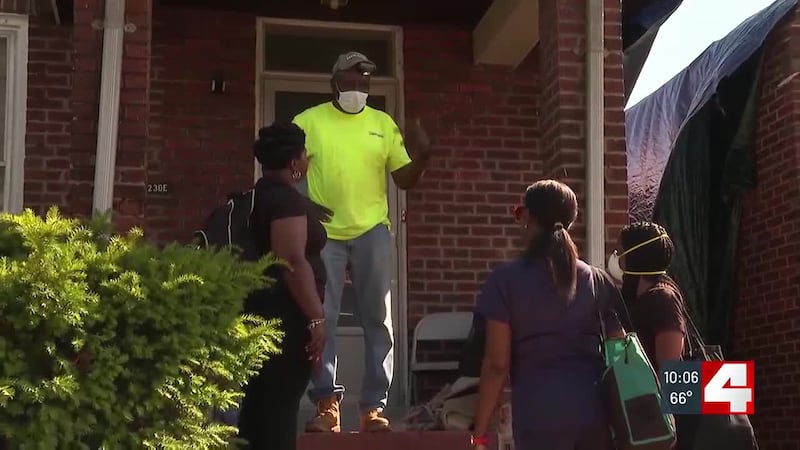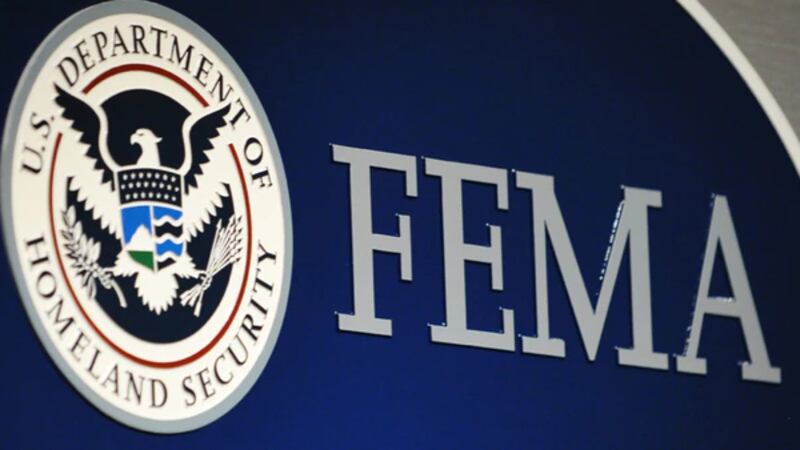Federal Appeals Court hears arguments in Jefferson County opioid lawsuit against Express Scripts, Optum
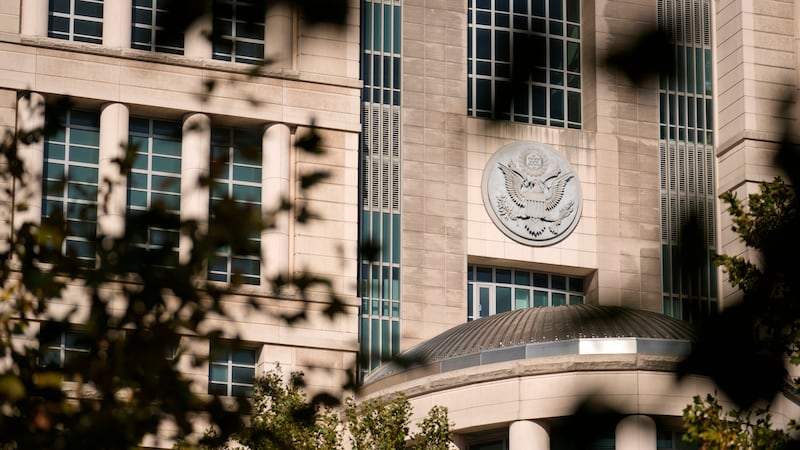
ST. LOUIS (First Alert 4) -- A U.S. Appeals Court heard arguments Wednesday in a Jefferson County lawsuit against Express Scripts and Optum for their alleged role in the opioid crisis, the first real movement in the bellwether case in more than a year.
In 2020, Jefferson County became the first in the country where a judge allowed an opioid lawsuit in state court to move forward to trial. State’s attorneys general left out Pharmacy Benefit Managers (PBMs) such as St. Louis County-based Express Scripts and Optum in their lawsuits, and those companies are the only two defendants left in the Jefferson County case.
The arguments Wednesday in downtown St. Louis were held to determine whether the case will be tried in state or federal court. U.S. District Judge Matthew Schelp remanded the case back to Jefferson County in March 2024. Express and Optum appealed Schelp’s ruling, and the case had not progressed until Wednesday’s hearing.
Johan Conrod of Cicala Law Firm presented oral arguments for Jefferson County Wednesday in front of the three-judge . In an interview, he argued the PBMs were the “most powerful and important” player in a pipeline between drug manufacturers and patients receiving opioid prescriptions.
Conrod said PBMs had the power to manipulate the flow of opioid prescriptions, acting as a lever between the manufacturers and patients. He said PBMs benefited by negotiating with manufacturers for rebates, collecting istrative fees, and something he called the “spread:” paying pharmacies directly and charging a health plan more in turn.
And, he said, those practices have left a devastating impact on Jefferson County. Data from the state shows 640 people died of a drug overdose in the rural county from 2018 through 2023. Statewide, there was a decrease in 2023 after a sharp rise in previous years.
Jack Garvey, another litigator for Jefferson County in the case, told First Alert 4 for a previous story that the case should be heard by a local jury.
“Jefferson County is entitled to have their case heard by jurors made up of their citizenry,” he said. “The system allows it.”
In recent years, several U.S. counties and at least four states have filed lawsuits against PBMs for their alleged role in the overprescribing of opioids and the ensuing addiction crisis that has impacted every part of the country. Express Scripts and Optum have also been put in the spotlight over other drugs.
The Federal Trade Commission (FTC) filed a report and lawsuit in 2024 alleging Express Scripts, Optum, and other PBMs were inflating drug costs at the expense of patients. Express Scripts also sued the FTC and demanded it retract the report.
Spokespeople for Express Scripts and Optum did not respond to requests for comment. Chris Michel of Quinn Emanuel Urquhart and Sullivan, who presented arguments for the two PBMs, did not respond to interview requests.
In his arguments to the three judges, Michel said he was not asking for the case to be dismissed but argued it should be heard in federal court. He cited the federal officer removal statute, which allows for cases to be removed to federal court under certain circumstances.
The appeals court ruling could result in a few different outcomes. The court could affirm the district judge’s ruling sending the case back to state court. They could also reverse the ruling, allowing the case to proceed in federal court. The PBMs could also petition to the U.S. Supreme Court if they lose the appeal.
Jefferson County officials have chosen not to spend any funds from the state’s opioid lawsuit until its separate litigation against the PBMs is resolved. The county has accrued at least $7 million from companies paying out the settled lawsuit, according to budget documents.
As the resolution of the ongoing case is unclear, it could result in a higher payout for Jefferson County in the long run.
The state of Missouri and more than 150 localities are projected to receive around $900 million from settlements with manufacturers, distributors and pharmacies. More than $208 million has already been paid.
Spending reports are published every March on the Missouri Department of Mental Health website.
Copyright 2025 KMOV. All rights reserved.

